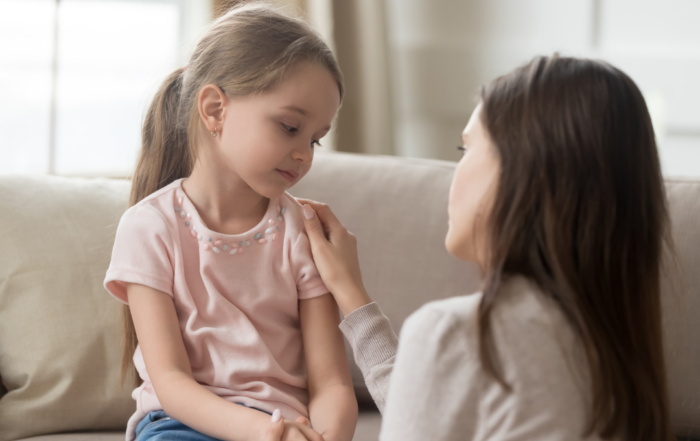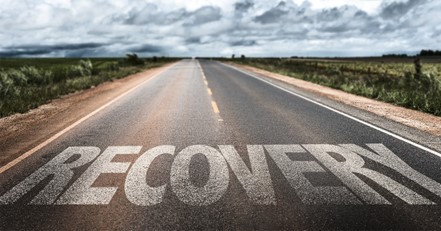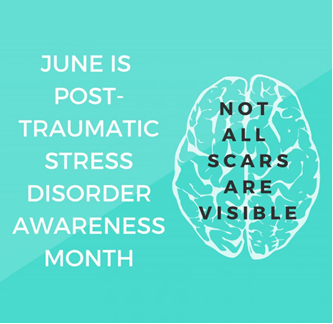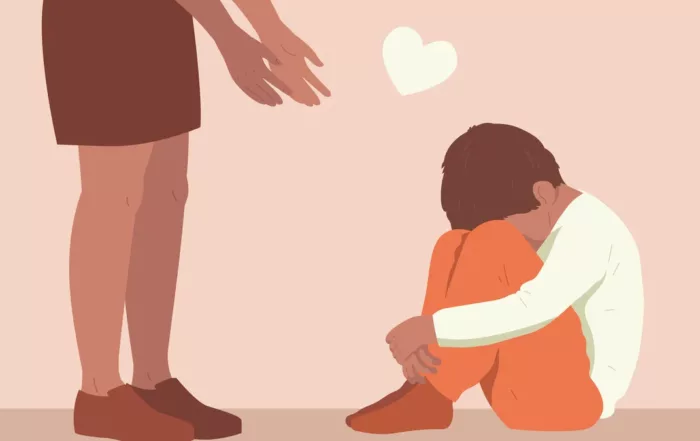By the Robert Wood Johnson Foundation
Princeton, N.J.—New national data show that at least 38 percent of children in every state have had at least one Adverse Childhood Experience or ACE, such as the death or incarceration of a parent, witnessing or being a victim of violence, or living with someone who has been suicidal or had a drug or alcohol problem. In 16 states, at least 25 percent of children have had two or more ACEs. Findings come from data in the Health Resources and Services Administration’s (HRSA’s) 2016 National Survey of Children’s Health and an analysis conducted by the Child & Adolescent Health Measurement Initiative (CAHMI) at the Johns Hopkins Bloomberg School of Public Health. The Robert Wood Johnson Foundation (RWJF) has collaborated with and supported the work of CAHMI and is working with CAHMI to release today’s data.
ACEs can have serious, long-term impacts on a child’s health and well-being by contributing to high levels of toxic stress that derail healthy physical, social, emotional, and cognitive development. Research shows that ACEs increase the long-term risk for smoking, alcoholism, depression, heart and liver diseases, and dozens of other illnesses and unhealthy behaviors. The new data show that 33 percent of children with two or more ACEs have a chronic health condition involving a special health care need, compared to 13.6 percent of children without ACEs.
Share This Post!
Post-Traumatic Growth
Psychology Today Post-Traumatic Growth is the positive psychological change that some individuals experience after a life crisis or traumatic event. Post-traumatic growth doesn’t deny deep distress, but rather posits that adversity can [...]
Talking to Children About War
Provided by the National Child Traumatic Stress Network The recent tragic events in Israel has impacted many directly who have experienced a personal loss or by witnessing this type of violence [...]
Key Ingredients for Successful Trauma-Informed Care Implementation
By Christopher Menschner and Alexandra Maul, Center for Health Care Strategies Because of the potentially long-lasting negative impact of trauma on physical and mental health, ways to address patients’ history of [...]
What is post-traumatic stress disorder (PTSD)?
By The National Institute of Mental Health Post-traumatic stress disorder (PTSD) is a disorder that develops in some people who have experienced a shocking, scary, or dangerous event. It is natural [...]
InBrief: Early Childhood Mental Health
Published by The Center on the Developing Child, Harvard University The science of child development shows that the foundation for sound mental health is built early in life, as early experiences—which [...]
At the Intersection of Autism and Trauma
By Lauren Gravitz Having autism can sometimes mean enduring a litany of traumatic events, starting from a young age. “We know that about 70 percent of kids with autism will have [...]







